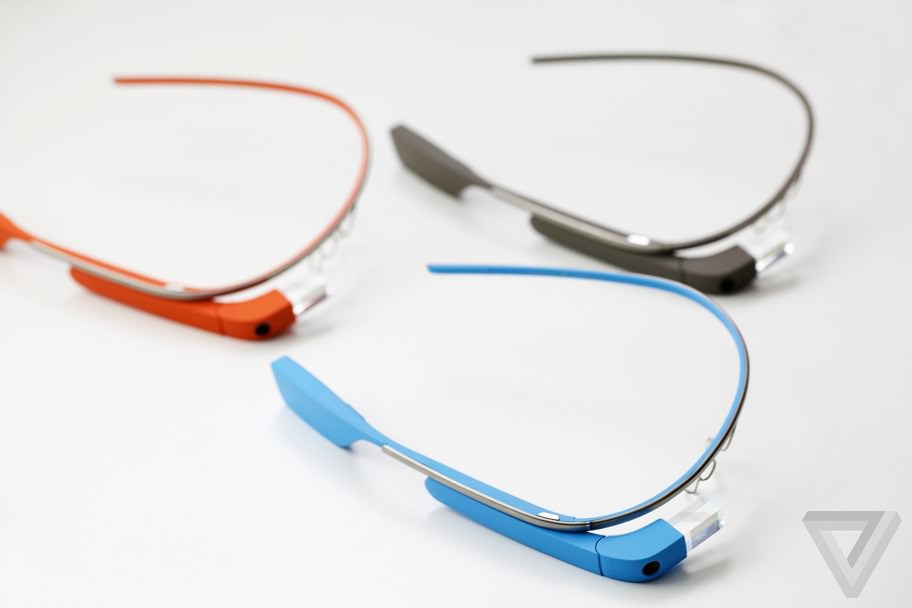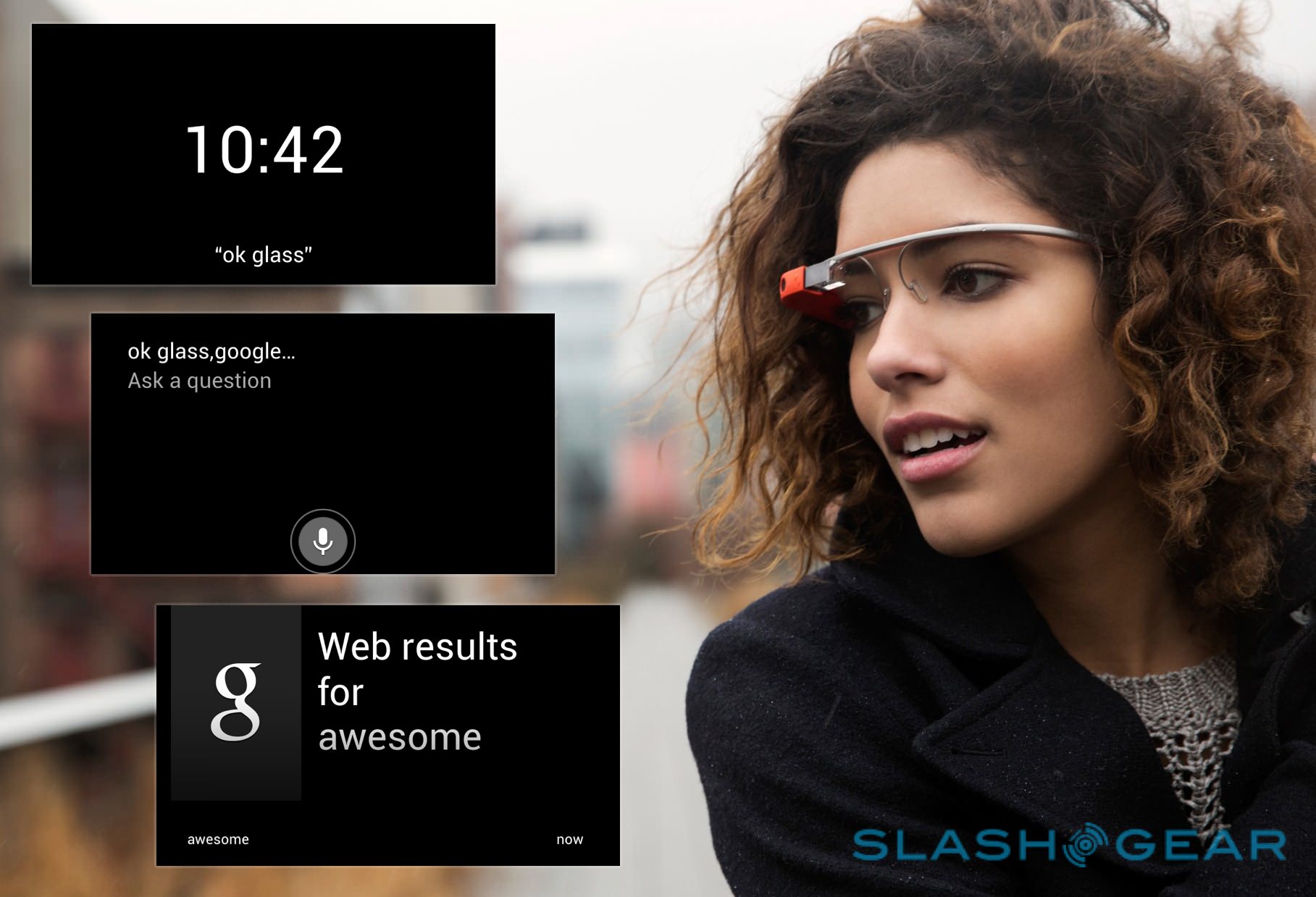Rose-Coloured Glasses: The Privacy Concerns of Google Glass
Should We Raise a Glass to the End of Privacy?
By Kevin Chao, Staff Writer
Imagine being able to document your every move in real-time without having to type, click, or even lift a finger. Now imagine someone else being able to do the same thing to you. Glass, an upcoming product from Google, brings consumers into the world of ubiquitous computing and alternate reality for only $1500.
If you’ve yet to hear about the new technology, imagine all the important information on your smartphone being directly streamed to a voice-activated glasses lens. The advantages are obvious, numerous, and well known. Consumers can take photos and videos without being inconvenienced by reaching into their pockets. Updates from Facebook or flight times can be automatically transmitted into our sight within the blink of an eye. No longer will our tech-savvy species be cursed with the inability to hold two things at once. Google envisions that Glass will revolutionize consumer life and industry markets with innovative technology and fearlessly pushes towards embedding technology into our natural way of life. But what implications will this device have on our privacy?[pullquote]Google envisions that Glass will revolutionize consumer life and industry markets with innovative technology and fearlessly pushes towards embedding technology into our natural way of life. But what implications will this device have on our privacy?[/pullquote]
Through the Looking Glass…
Not all responses to Glass have been positive, however. Seattle bar, the 5 Point Cafe, has raised eyebrows by already banning the headpiece technology. 5 Point Cafe owner Dave Meinert explained, “we don’t let people film other people or take unwanted photos of other people in the bar because it’s kind of a private place people go.” Seen as a publicity stunt, the response from the ban has mostly been amusement and ridicule.
Despite optimistic public support, the concerns regarding Google Glass are worthy of discussion. If Glass is accepted by society, citizens will have to fear being recorded without their knowledge or consent. Though street and dashboard cameras are common, the constant surveillance of public places could now be the property of consumers. Currently, if an individual enters an establishment with a video camera, management and customers are aware they are being filmed and act accordingly. Even in the smartphone-era, it is obvious if someone points and shoots. With Glass as a normalized part of public spaces, social lives may adapt to the threat of being monitored.
Students familiar with Jeremy Bentham’s Panopticon will understand the significance of uncertain surveillance. The Panopticon is a theoretical circular prison in which prisoners can never tell if they are being monitored or not. The possibility of being observed limits their freedom and defines their actions. If the public space was to suddenly be recorded by individuals and ready to be shared on YouTube, the threat of observation and scrutiny would force us to adjust how we behave. While this may sound like the overreaction of someone who has recently read Nineteen Eighty-Four, the difference is that these recordings of us will be the property of random, unaccountable consumers to use as they like. While this invasion of privacy is not illegal, it is certainly worth discussing.
Half-Full or Half-Empty?
To put it simply, introducing such a capable tool like Google Glass to consumers will have wildly positive and negative impacts. Face recognition applications will undoubtedly invade the perceived privacy of many, yet could possibly help those with severe cases of “face-blindness.” Constant video recording in public places could lead to fistfights and lawsuits, but could also help verify eyewitness evidence in court or capture the license plates of hit-and-run drivers.
The technology of Google Glass is neither inherently good nor malicious, but simply a tool for society to use as it sees fit. Instead of immediately accepting or denying the value of new technology, communities must take the time to discuss the benefits and ramifications of introducing such influential hardware into our public spaces. If we jump in head first (as we probably will), it is likely that Google Glass will shatter the relative calm we have in our presently tech-driven world.
































Share the post "Rose-Coloured Glasses: The Privacy Concerns of Google Glass"